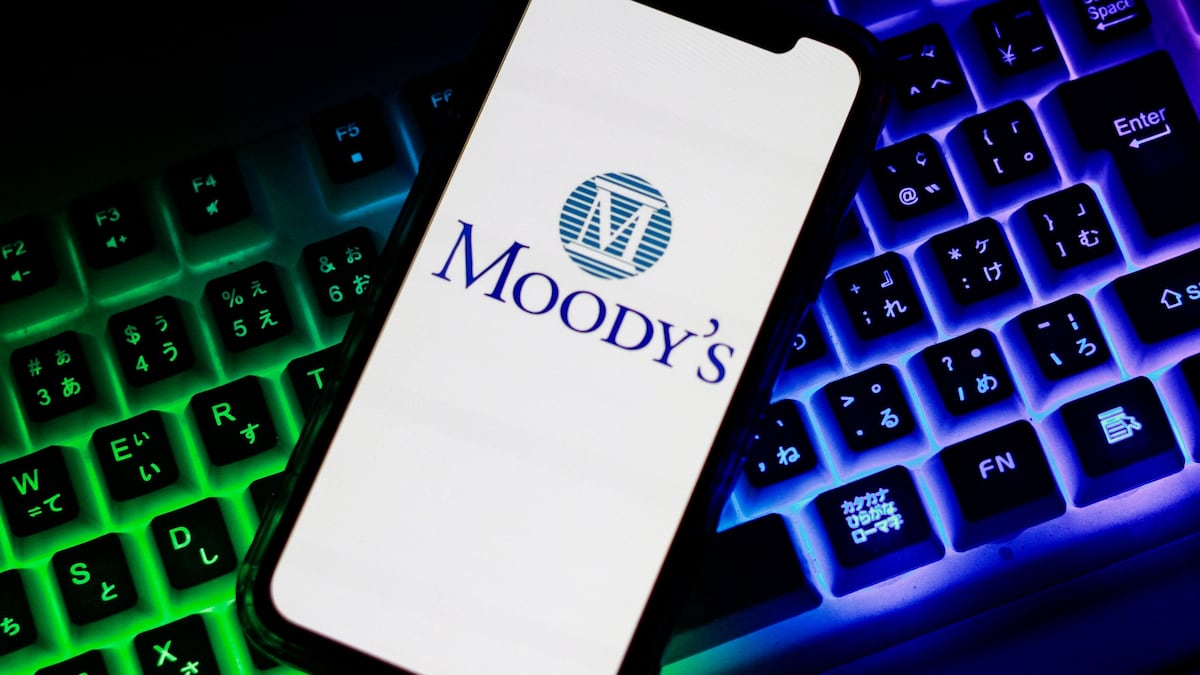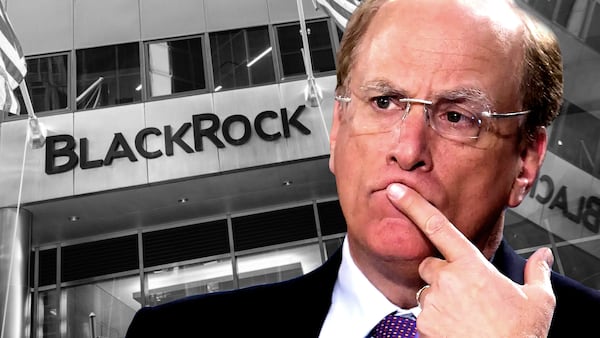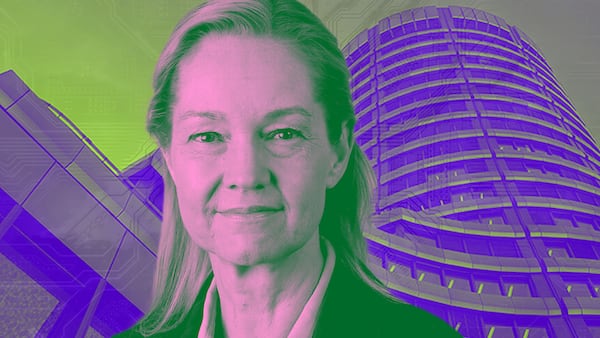- Institutions are eying more than Ethereum for future asset tokenisation.
- Blockchains with greater interoperability may come out on top.
With institutional interest in crypto on the rise, tokenisation has become one of the hottest sectors in crypto.
Ethereum’s faithful celebrated when asset manager BlackRock launched its tokenised fund BUIDL on the blockchain last month.
The move was widely viewed as an endorsement from the world’s top asset manager, and a bellwether for the tokenisation market, which some predict could balloon to $10 trillion by 2030.
Cristiano Ventricelli, vice president of digital economy at Moody’s Ratings, told DL News Ethereum isn’t the only blockchain institutions are eying for future asset tokenisation.
“Other networks have also piqued the interest of institutional investors,” Ventricelli said. “Public blockchains like Polygon, Stellar, and Provenance, along with private blockchains such as Hyperledger and R3, are witnessing significant advancements.”
Tokenisation refers to the process of converting a traditional asset into a digital token that can be stored in a digital vault and transferred using blockchain technology.
Moody’s Ratings is one of several firms closely watching the nascent tokenisation sector. In an April 17 report, the ratings agency said tokenisation could help increase liquidity for typically illiquid investment assets, such as real estate, venture capital, private equity, and art.
The appeal of public blockchains in tokenisation
Polygon Labs, the firm behind the Polygon blockchain, was one of the first to invite firms to dabble in tokenisation.
In 2021, investment management firm Franklin Templeton launched its tokenised money-market fund on Stellar. In April 2023, it expanded to Polygon’s public proof-of-stake chain, called Polygon PoS.
Like BlackRock did with BUIDL, Franklin Templeton chose to deploy its fund on public blockchains to reach a larger and more diverse pool of liquidity than it otherwise could have operating in the traditional financial system.
Stellar is another public blockchain going all in on tokenisation. It teamed up with asset manager WisdomTree to issue several “digital funds” — a product similar to a standard mutual fund, but where the transfer agent also keeps a secondary record of the shares on either the Stellar or Ethereum blockchain.
Both Polygon PoS and Stellar are public blockchains, meaning they use a decentralised network of validators to process transactions and offer more accessibility, security, and transparency than private blockchains, which are permissioned.
Public blockchains’ transparency could bolster investors’ capacity to scrutinise issuers’ ability to fulfil their contractual commitments, according to Ventricelli.
“[Tokenisation] is particularly beneficial for asset classes predominantly constituted of debt instruments, such as private credit, which would greatly benefit from enhanced transparency,” Ventricelli said.
Interoperability is key
How easily assets can be transferred from one blockchain to another — or interoperability — is a major consideration.
“The capacity for interoperability amongst blockchains is a critical factor for the mainstream adoption of tokenisation,” Ventricelli said.
Currently, Ethereum and Polygon are among the most well connected blockchains. They’re both integrated with several top crypto bridges, such as LayerZero’s Stargate, Across protocol, and Squid, giving investors easy access to billions of dollars of liquidity.
Stellar, on the other hand, is less connected, and relies on Allbridge Core for the majority of its cross-chain interactions.
However, Stellar’s recent Soroban upgrade, which brings smart contract capabilities to the blockchain, could help it connect to more blockchains in the future, making it a more appealing option for future tokenisation.
Tim Craig is DL News’ Edinburgh-based DeFi Correspondent. Reach out with tips at tim@dlnews.com.
Correction: This article was corrected to note that Franklin Templeton’s tokenised money market fund launched on Stellar in 2021.









